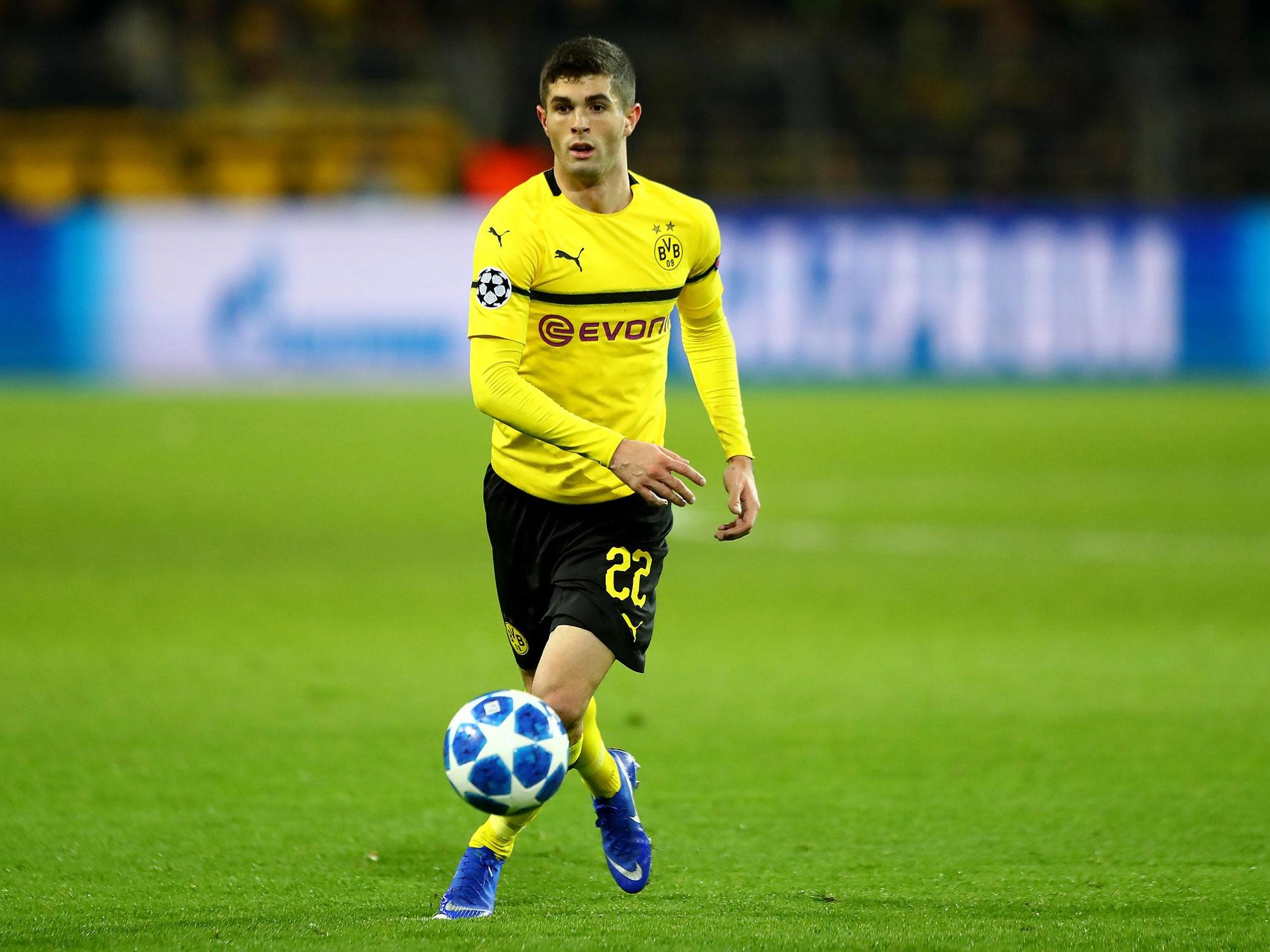Chelsea transfer ban: The aftermath will ignore youth welfare amid broken dreams
Chelsea are a well-run club who can bounce back from any sanctions, but what about the young players whose lives are about to be turned upside down?
Takefusa Kubo signed for FC Barcelona aged 10. It was a dream come true for a young striker who, perhaps predictably, soon earned the nickname of the Japanese Messi.
Kubo spent three seasons, up to his early teens, playing in the youth teams at La Masia where he quickly became one of their best players – top scoring with 74 goals in 30 games (!) – in his first season.
In April 2014, though, his world changed. Barcelona were found to have violated Article 19 of the Fifa regulations regarding the transfer and registration of minors.
Essentially, players under 18 are only allowed to complete international transfers if the individual meets one of three qualifying criteria: “their parents move there for non-footballing reasons, if they are from another nation within the European Union or European Economic Area and aged between 16 and 18, or if they live within 100km of the club,” quoting from Fifa’s regulations.
Kubo was one of a number of Barca kids to fall foul of those stipulations and his life was thrown into immediate turmoil. Barcelona’s tentacles that stretched around the world finding elite young players – the likes of Seung-woo Lee and Seung-ho Paik from Korea or Ben Lederman from the USA – were suddenly cut off. Those young players, in a new country they didn’t know, were banned from playing.
Lederman, now at Gent in Belgium, spent a year training with the youth teams at La Masia but unable to play any matches as the club fought back against Fifa’s ruling. Ultimately, they lost. A California native, Lederman returned to America and enrolled at the IMG Academy but he will likely never recover from having the world’s finest footballing education taken away from him.
“It was a very difficult situation because me and my family, we sacrificed our lives for this and to not be able to play every week, it was difficult for everyone,” Lederman told ESPN recently.
His mother, Tammy, points out just how much this rule would have changed football had it been in place just over a decade ago.
“I think it’s very unfair,” she said. “Somebody was telling me it was like my son being accepted to Harvard or one of the top universities in the U.S. and them telling me, ‘Okay, you cannot come and be a student here because you’re not American.’ If somebody is good enough and is capable and he has a talent and he’s being prevented because he doesn’t have the papers... I mean if they had [the statute] during Lionel Messi’s time, they wouldn’t have Messi today because Messi was 12 when he moved from Argentina and he didn’t have any European passport.”

That is not to say the rules should be changed. They are in place to protect minors from essentially being trafficked around the world at the whim of football’s elite, so these regulations are important, and yet it is easy to understand the frustrations felt by the Ledermans and many other families whose lives were turned upside down through no fault of their own.
Barcelona were the first major European club to get punished for this offence, though Real Madrid and Atletico would follow soon after. Now the Premier League’s elite clubs have come under the microscope.
The examples of these La Liga clubs are what Chelsea will be calling on – and possibly Manchester City too, down the line – when appealing their cases to Fifa and, almost certainly, the Court of Arbitration for Sport.
The Blues have been slapped with a sanction preventing them from signing any players for two transfer windows. In the immediate aftermath, that seems like a disaster for a club that was already in flux, with its best player set to ask for a move to Real Madrid, its best young player refusing to sign a contract extension and serious questions over the future of the manager hired only six months ago.
Appealing to world football’s governing body – and then, assuming unsuccessful, at the CAS – appears likely to delay the sanctions against Chelsea long enough that they would be able to sign players this summer. If that happens, then much like at Atletico, Madrid and Barca, this sanction will have little material effect on the club’s fortunes. Barcelona’s appeal process took eight months, which would be more than enough time for the Blues to swiftly stockpile a number of arrivals, particularly in a summer where there is no World Cup.
Barca had a full window to prepare for their ban in the end. Madrid’s was only for a single transfer window and Atletico’s appeals helped them get their ducks in a row to the extent that the sanction was more of a slap on the wrist than the iron shackles it may appear on first look.
Should the worst happen and Chelsea really can’t buy a new player until 2020, there is a chance that it could even be the making of a club who boast 41 players out on loan, some of the most highly rated young players in the country and a propensity for wasting money on players who never reach the first team. Whisper it quietly, but what if it’s not a problem for Chelsea at all?
Christian Pulisic will still be able to arrive regardless, though Mateo Kovacic would have to return to Madrid from his loan as there is no existing option for a permanent deal. A ban enforced this summer would affect the potential sales of Eden Hazard and Callum Hudson-Odoi, not to mention any exit planned for Maurizio Sarri or even Roman Abramovich, but there are plenty of ways their existing playing resources could be fashioned into a highly-competitive squad.

Should the Blues come through this pretty unscathed, as seems likely given the precedents and the infrastructure in place, then talk of a crisis caused by a transfer ban may be overblown. You could make a case that Chelsea were already in crisis, with serious doubts over Abramovich’s commitment to the west London club, a danger of missing out on the Champions League for the third time in four years and unrest over Sarri’s position, but these were pre-existing conditions rather than a devastating new ailment.
The real victims in all of this are the underage players who are tiny pawns in a much wider, scarier arms race for talent.
A teenaged Takefusa Kubo had to return to Japan devastated in 2015, with his Barca dream in tatters. After a spell with FC Tokyo and a loan at Yokohama, the Catalans are back in for him and looking to bring the 18-year-old back to La Masia. It is, if possible, a good news story after years of pain.
The problem is that for every good news story of a youngster fulfilling his dream, there is another gaggle of families like the Ledermans who have been dragged across the world and then hung out to dry.
Fifa has these regulations in place for a reason, but their enforcement and their reasons for existing will likely be overlooked as much amid the fallout of Chelsea’s sanction as they were by some of Europe’s richest clubs over the past few years.
Join our commenting forum
Join thought-provoking conversations, follow other Independent readers and see their replies
Comments
Bookmark popover
Removed from bookmarks